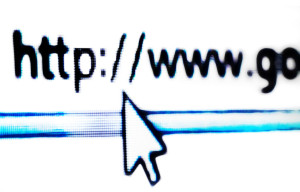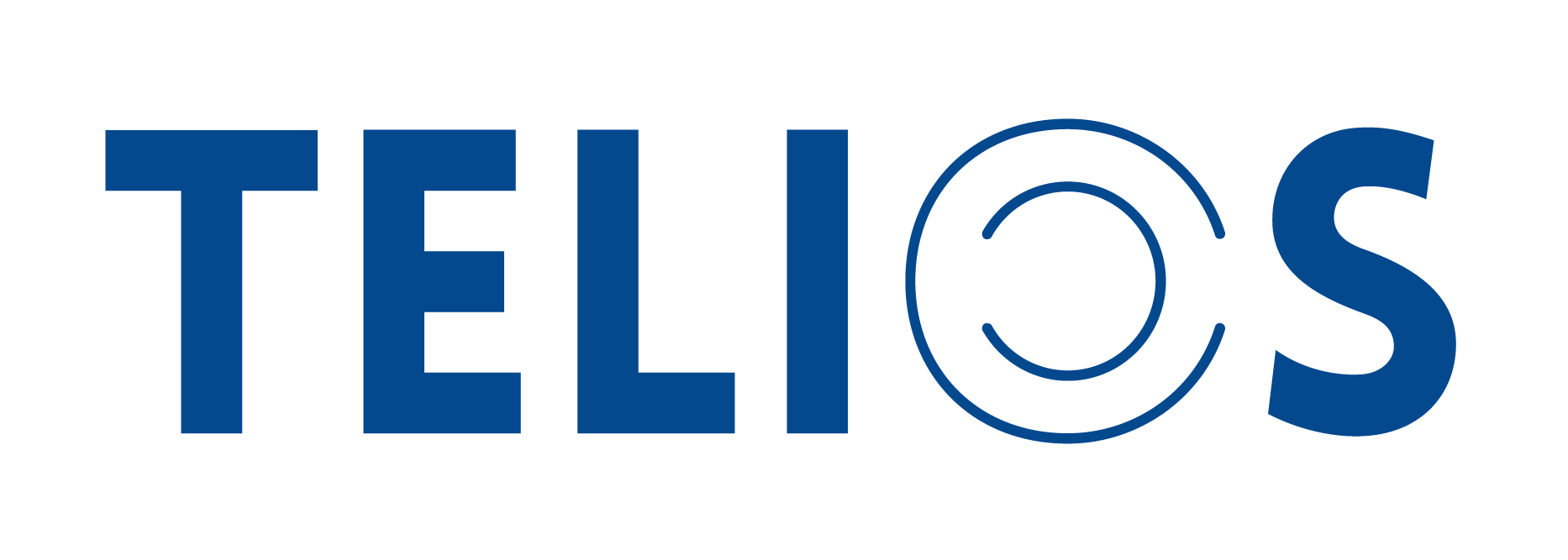
Internet! 243/365 (c) Dennis Skley. Some rights reserved. For original click here.
There are a bewildering number of websites providing resources and advice on e-safety, and it can be difficult to wade through and find some real quality. Here I highlight 10 sites covering advice, resources, curriculum and even an e-safety qualification. There are some old favourites, and hopefully a few you’ve not come across before.
Digital Literacy Curriculum
http://www.digital-literacy.org.uk/Home.aspx
If you are looking for a complete curriculum for digital literacy then these materials could fit the bill. This really is a comprehensive resource, covering eight strands of digital literacy: internet safety, privacy and security, relationship and communication, cyberbullying, information literacy, self-image and identity, digital footprint and reputation, and creative credit and copyright. It isn’t just a collection of stand-alone resources, it is a planned curriculum from early years to KS4 supported with lessons plans and high-quality resources. And completely free.
Digitally Confident
http://www.digitallyconfident.org/
An award-winning site from Northern Grid for Learning, this is packed with information and lots of videos to bring your e-safety training or curriculum to life. A strength is the range of up-to-date news about the latest risks and resources.
360 Degree Safe
Home of the award-winning e-safety mark. Here you can sign up to use the free e-safety audit tool, 360 Degree Safe, which will give you a comprehensive view of the state of e-safety at your school. The tool covers 28 aspects of e-safety and will guide you through the process of developing e-safety and achieving an externally audited standard.
South West Grid for Learning
SWGfL are proud to be a world leader in online child safety, a founding member of the UK Council for Child Internet Safety as well as an advisor to Governments and the lead partner in the UK Safer Internet Centre. Here you can find information on a range of e-safety resources and services. There is also an online shop where you can order a range of e-safety resources including posters and leaflets for parents and students, many of them free of charge.
Kelsi
Home to a comprehensive range of e-safety guidance and policy templates, as well as posters and pupil workbooks.
Think You Know
Official web site of CEOP with high-quality resources usefully grouped by age. Highlights are the ThinkYouKnow Toolkit containing 15 learning activities for KS3/4 students, and links to many other useful sites.
Kidsmart
Kidsmart is packed with useful information for young people, teachers and parents, and has some great activities your students can use directly on the site.
UK Safer Internet Centre
http://www.saferinternet.org.uk/
The UK Safer Internet centre is partnership of three leading organisations; Childnet International, the South West Grid for Learning and the Internet Watch Foundation. It is co-funded by the European Commission’s Safer Internet Programme and is one of the 31 Safer Internet Centres of the Insafe network. Home to a host of e-safety tips, advice and resources to help children and young people stay safe on the internet.
BCS E-safety Qualification
http://www.bcs.org/category/14422
If you feel your e-safety curriculum is a bit ‘fluffy’ and lacks real rigour, the BCS e-safety qualification could be what you are looking for. This qualification is designed to give learners greater confidence in using the internet safely and it is especially suitable for delivery in schools at key stage 3 and 4.
Cyber Streetwise
https://www.cyberstreetwise.com/
An official HM Government service, this web site is designed to give individuals, families and businesses the resources they need to stay safe from viruses, scams, identity theft and other online threats. It has a particular emphasis on business but it also contains links and information for schools. A highlight is a list of links to free software tools, and there is also information about careers in cyber security.
And finally…
Please tell us about your favourite e-safety sites via twitter @telioseducation. And if you’d like some e-safety support or training, or for information about our e-safety consultancy service, please contact us.
